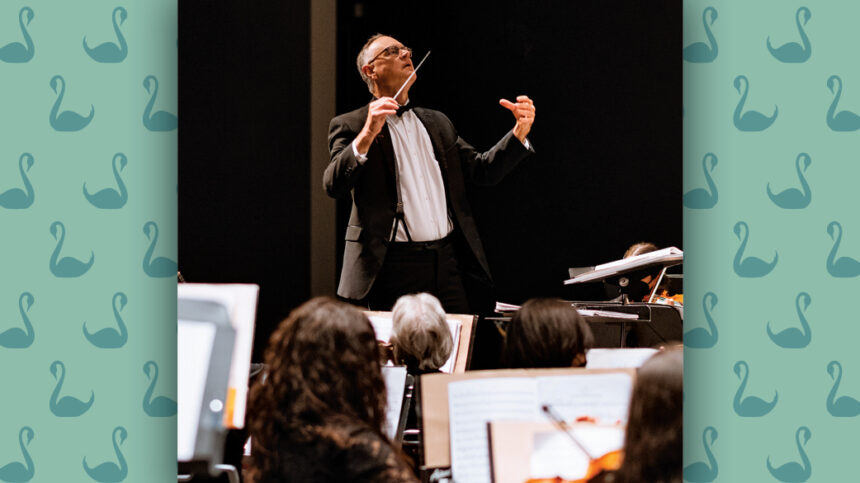Nobody does it better than Peter Ilyich Tchaikovsky, and Mississippi Symphony Orchestra’s Bravo Series opener “Totally Tchaikovsky,” October 7 at Thalia Mara Hall, is a full-concert indulgence in the master’s incomparable melodies and emotional range.
Here’s a roundup of Tchaikovsky tidbits to add extra enjoyment and insight to an evening totally devoted to his music.
1. Tchaikovsky was the first Russian composer to gain international fame.
2. Civil service was his planned profession. In mid-19th century Russia, there were scarce opportunities for a career in music and no system of public music education. Though musically gifted, he worked several years for the Ministry of Justice, but jumped on the chance to study music, attending classes at the new Russian Musical Society and becoming one of the first students at the St. Petersburg Conservatory.
3. Swan Lake was first considered a failure. Premiered by Moscow’s Bolshoi Ballet in 1877, his first ballet composition was criticized by experts for being overly complicated and overly symphonic, with forgettable choreography and a nonsensical story.
4. He didn’t live to see the ultimate success of Swan Lake. Director of Imperial Theatres in Russia Ivan Vsevolozhsky, famed choreographer Marius Petipa and Tchaikovsky collaborated on a Swan Lake revival, but Tchaikovsky died before its 1895 premiere. Swan Lake ultimately enjoyed 41 performances over six years (hear a Suite from Swan Lake Oct. 7!).
5. He defined an art form. Tchaikovsky’s dance scores for The Nutcracker and The Sleeping Beauty, are said to have set the standard.
6. One of few composers with such breadth. Not every composer’s repertoire suits and entire evening’s focus, but “with Tchaikovsky it’s easy to do,” MSO Maestro Crafton Beck says. “You’ve got his symphonies and ballet suites, like Swan Lake and The Sleeping Beauty; and you’ve got all the big war horses like 1812 Overture… you could just go on and on.” Other composers wouldn’t quite fit an all-in-one evening format, as MSO President and Executive Director Jenny Mann notes, “If we did an all-Shostakovich night, everyone would be exhausted.”
7. He knew how to rally an audience. Tchaikovsky, in his own words, created “a whole storm of patriotic enthusiasm” with March Slav (hear it Oct. 7!). Commissioned to write for a concert benefiting Serbian soldiers and Russian volunteers wounded in the Serbian-Ottoman War, he drew on Slavonic folk themes and even quoted the Russian national anthem. March Slav was a fervent, festive and immediate success.
8. Something got lost in translation. Tchaikovsky’s powerful and heartbreaking Symphony No. 6 (hear it Oct. 7!), is known as “Pathétique Symphony,” thanks to a French mistranslation that stuck. A better interpretation for the Russian word Tchaikovsky supposedly approved is “Passionate.”
9. He understood nuance. Symphony No. 6 subverts expectations for a triumphant, fireworks-filled final movement by slowly fading off in the distance for a finish that haunts, ultimately becoming one of the master’s best.
10. The man loved his work and had his favorites. Tchaikovsky wrote to his nephew of Symphony No. 6, “I absolutely consider it to be the best, and in particular, the most sincere of all my creations. I love it as I have never loved any of my other musical offspring.”

